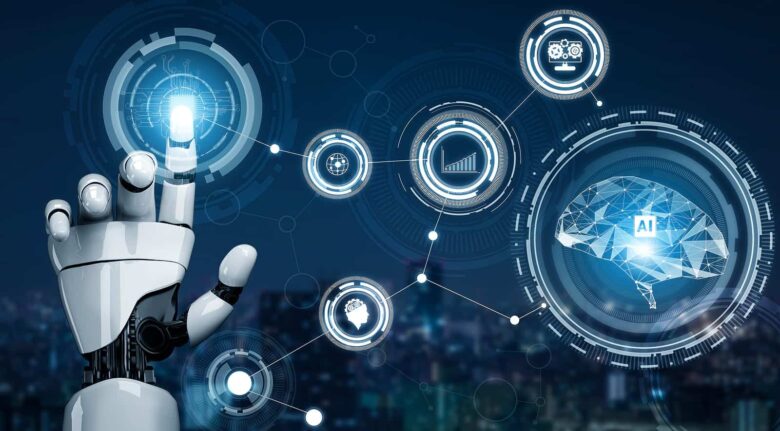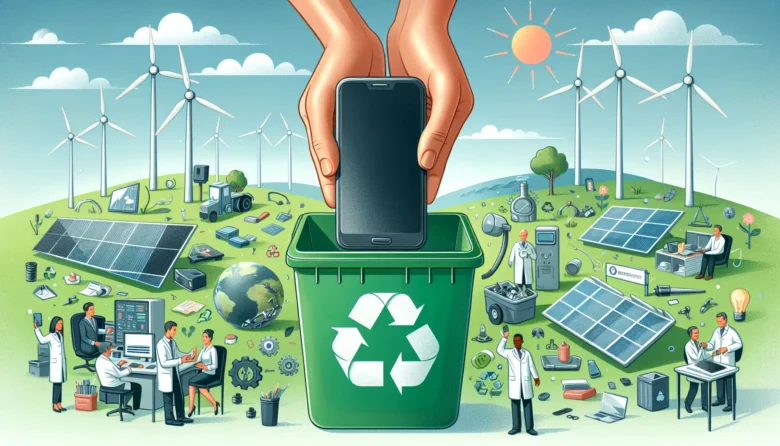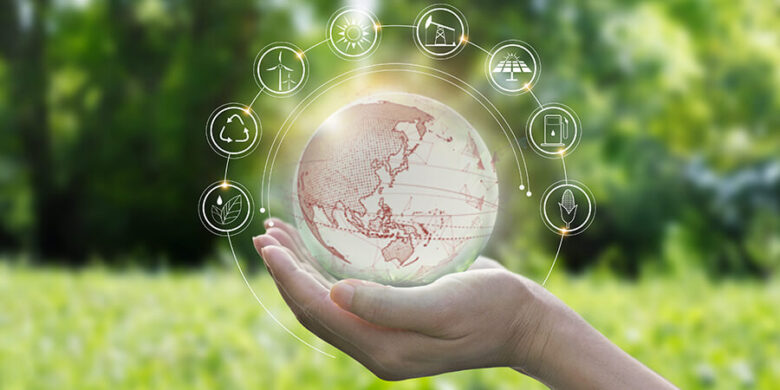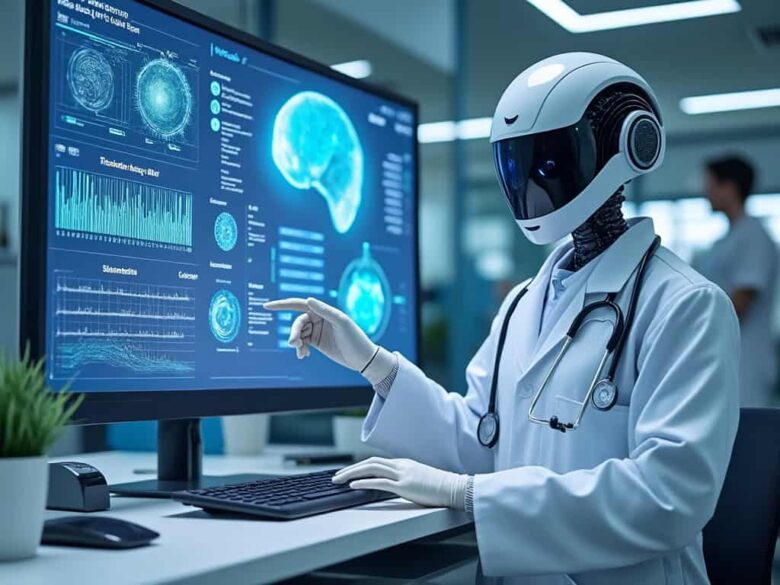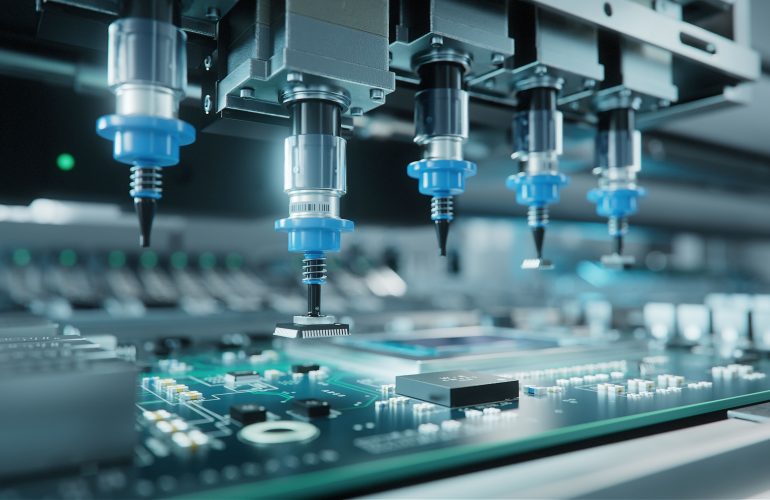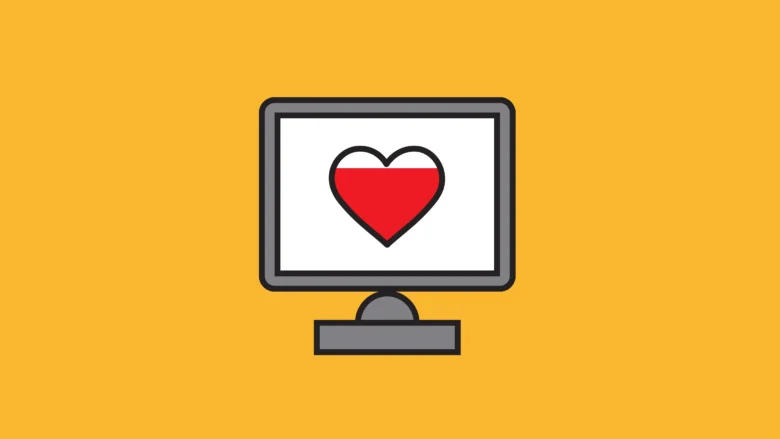Over the past two decades, technology has become an integral part of our lives. From the moment we wake up to the moment we go to sleep, we are surrounded by digital devices that keep us connected, help us learn, and entertain us. Smartphones, laptops, tablets, smartwatches, and other tech gadgets have transformed the way …
Month: July 2025
Eco-Tech is committed to solving environmental issues by minimizing resource consumption and emissions and emphasizing pollution prevention rather than cleaning up after-the-fact toxic waste. Academic research in this area employs various analytical tools. Life cycle assessments offer standard frameworks to measure the true ecological costs and benefits associated with technologies. Renewable Energy Utilizing solar energy …
The integration of modern medical technology into digital health represents one of the biggest shifts in the evolution of healthcare. Over the last 10 years technological advances have been incorporated into every aspect of medical practice and are changing the way the healthcare system is delivered, used, and regulated. From wearables and smartphones to sophisticated health apps …
Eco-friendly energy technologies play a pivotal role in creating a greener world. From solar panels to energy-efficient buildings, these innovations reduce environmental damage while simultaneously saving people money. Renewable energy sources tend to leave behind smaller carbon emissions than fossil fuels; however, their manufacturing, transportation, and installation still produce emissions. Integrating eco-friendly energy technologies into …
Artificial intelligence has become a significant force in the transformation of many sectors, and healthcare is not an exception. In the past few years, the integration of AI in medical technology has transformed the way the healthcare system is run and the way diseases are identified and treated, as well as how treatment is designed. AI is …
The technology industry generates more than 50 million tonnes of electronic waste each year and is one of the fastest-growing waste streams in the world. This staggering amount reveals the fundamental flaws in the way we consume, produce, and dispose of technology. As technology advances, it is a challenge to manage its use, yet our method of …
By 2025, healthcare will undergo unprecedented change. Rapid advancements in artificial intelligence, biotechnology, and digital health are enabling medical science to surpass previously unthinkable boundaries. This period is particularly crucial because these technologies are converging to make healthcare smarter, faster, and more personalized. We can now manage and even cure diseases long considered incurable, and …
In our fast-paced society, technology is a constant presence in our daily or professional world. We check our email at the time we wake up, sift through social media while eating, and frequently make calls from work even after office hours. Although these devices have enhanced access and efficiency, the volume of screen time and online interactions …
The electronics industry finds itself at a pivotal point. With the global amount of electronic waste expected to grow to 74 million tonnes by 2030, the electronics industry is under growing pressure to alter their production processes. Sustainable manufacturing is now more than a mere environmental imperative, but it’s also an essential competitive advantage that is fundamentally …
Staying physically healthy through proper rest, regular exercise, and mindfulness activities is crucial to creating digital well-being. Break up prolonged browsing or work sessions with short breaks between them, and limit how many apps are open at one time. Use tools like screen time monitors and focus modes on smartphones to reduce distractions, such as …

